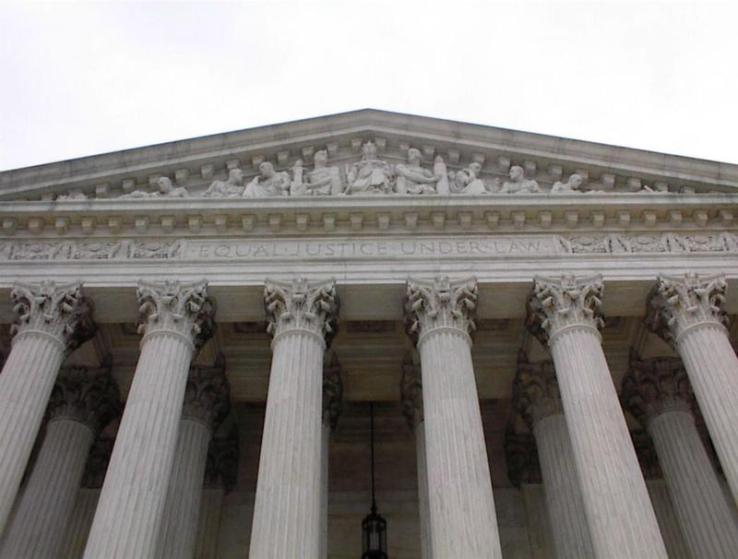

The Supreme Court approved hotly contested amendments to federal criminal procedure today that, if accepted by Congress, will expand the FBI’s ability to hack into computer networks.
The rule at the heart of the debate is Criminal Rule 41, which limits judges’ authority to authorize search warrants. Magistrate judges can usually only approve warrants within their jurisdiction — for instance, a magistrate judge in San Francisco typically can’t authorize a search in Brooklyn.
Today’s changes to Rule 41 would allow judges to “issue a warrant to use remote access to search electronic storage media and to seize or copy electronically stored information located within or outside that district.” Simply, it will allow an FBI agent sitting in Virginia to hack into a computer or network in Nevada — or anywhere in the world.
The Justice Department has been eager to change this rule as it works to keep up with crime online, but advocacy organizations like the American Civil Liberties Union and tech giants like Google have opposed the change, arguing that changing Rule 41 would give the FBI unconstitutional hacking authority.
The FBI wants the ability to go to a judge in their area and get a search warrant for a suspect’s computer, even if that suspect is located thousands of miles away. If a suspect has taken steps to anonymize themselves online, an investigator might not know where a suspect is located when he asks a judge for a warrant.
The problem has been illustrated recently by several controversial cases brought by the Justice Department against men suspected of possessing child pornography. The FBI seized the server of a child porn site called Playpen, then, in an unprecedented move, ran the site on its own servers and used a hacking tool to reveal the identities of users. A Virginia judge gave the FBI a warrant to implement the hacking tool, but judges in Massachusetts and Oklahoma have ruled this week that the warrant did not give the FBI the authority to search computers in those states.
Tech companies and civil liberties organizations have argued that changing Rule 41 would infringe on Americans’ Fourth Amendment rights against unreasonable searches. Google has also argued that the rule change could allow U.S. government officials to search computers and networks worldwide, undermining international treaties.
The change to Rule 41 “carries with it the specter of government hacking without any Congressional debate or democratic policymaking process,” Google’s legal director for law enforcement and information security Richard Salgado wrote in a blog post.
However, these objections were apparently not compelling to Supreme Court, which submitted its approved changes to Rule 41 to Congress this afternoon.
“The Supreme Court has just effectively endorsed government hacking,” Center for Democracy and Technology chief technologist Joseph Lorenzo Hall told TechCrunch. “There are serious ongoing problems with government hacking that this change will only exacerbate. So much of this is in the dark.”
New America’s Open Technology Institute and other civil liberties organizations are now calling on Congress to block the changes. “Instead of directly asking Congress for authorization to break into computers, the Justice Department is now trying to quietly circumvent the legislative process by pushing for a change in court rules, pretending that its government hacking proposal is a mere procedural formality rather than the massive change to the law that it really is,” said Kevin Bankston, director of OTI.
If Congress does not act, the changes will take effect on December 1. At least one Senator, Ron Wyden, has already indicated he will attempt to block the change of Rule 41.
Featured Image: Wikiwopbop/Wikimedia UNDER A CC BY-SA 3.0 LICENSE

